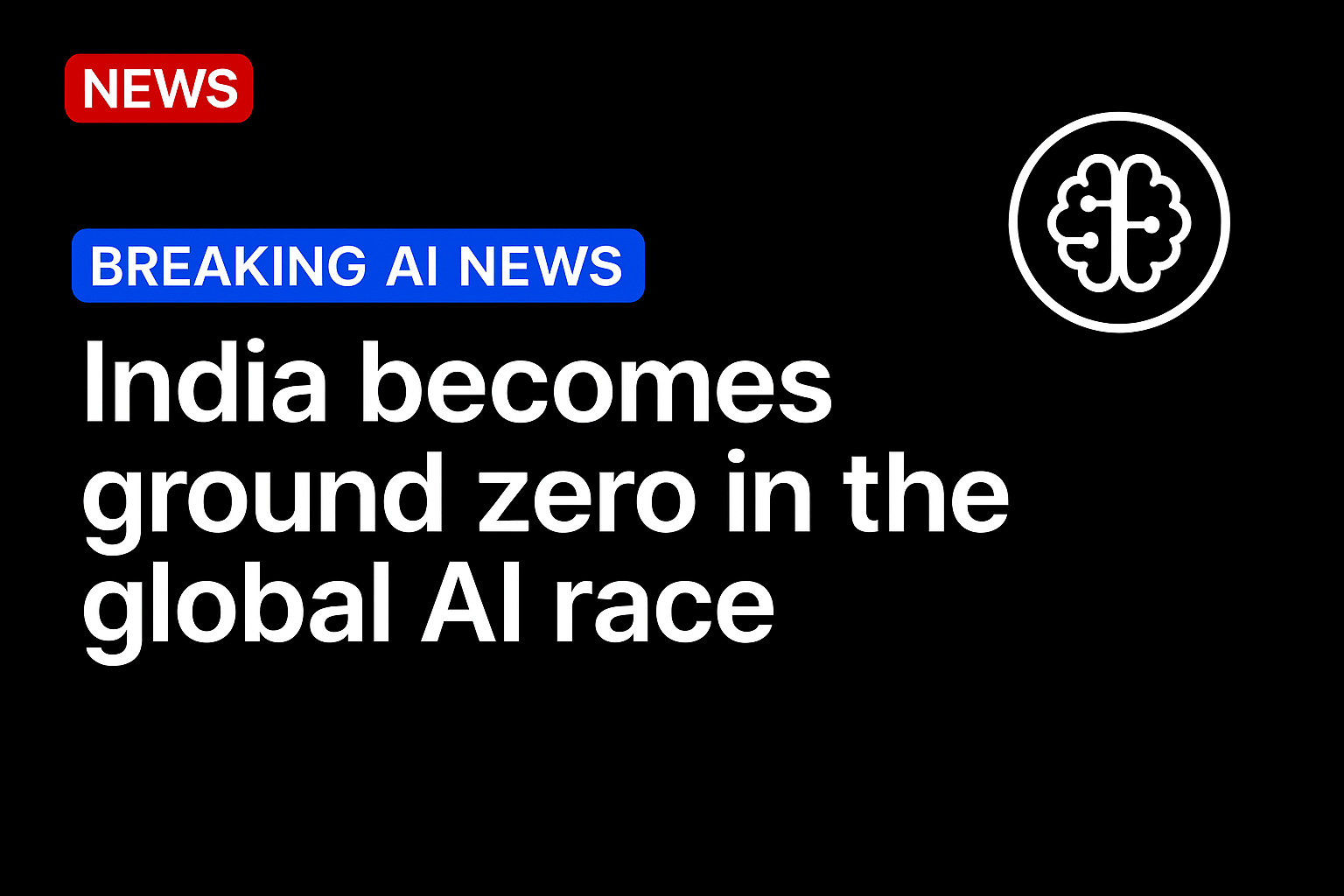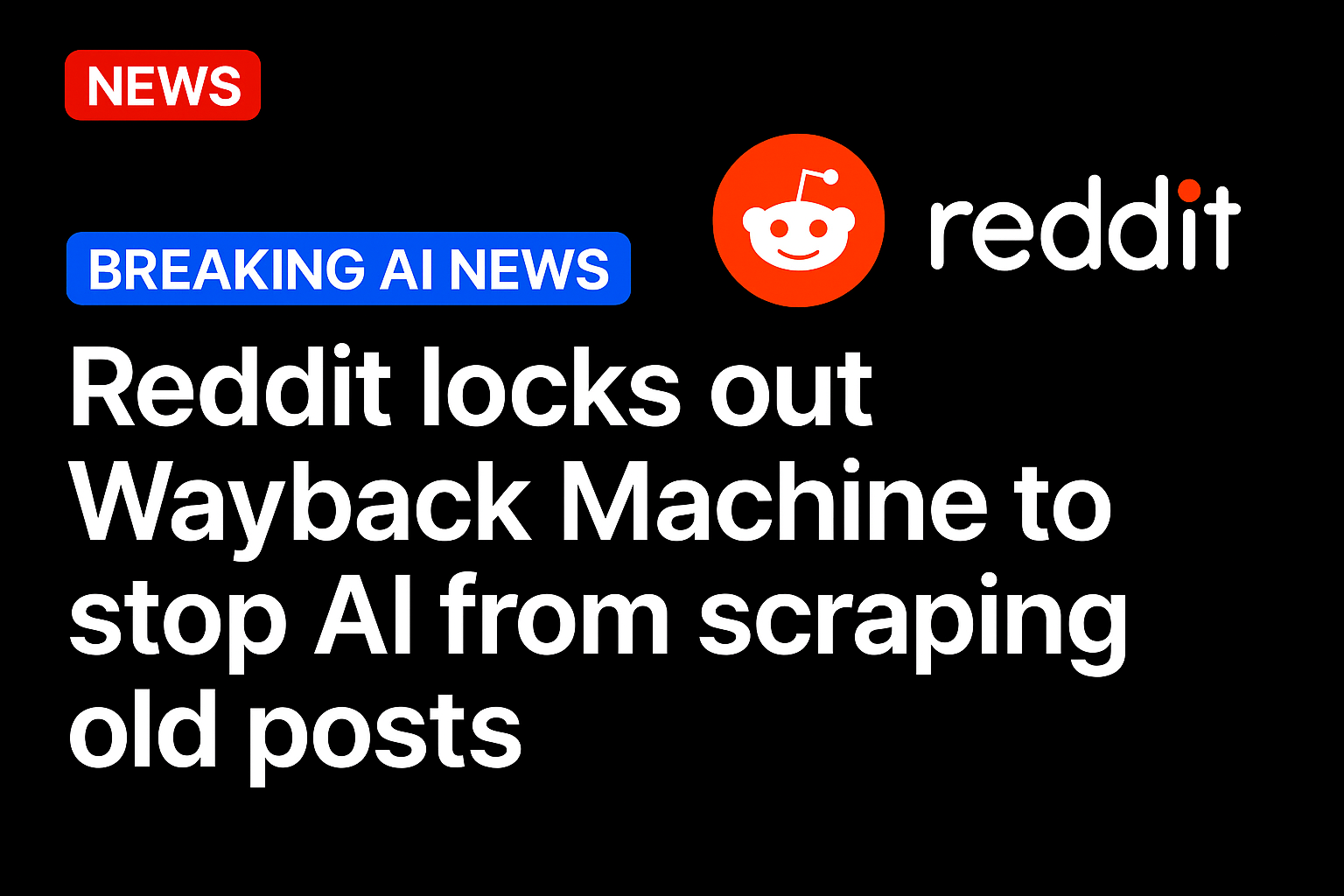Top U.S. executives are now openly predicting that artificial intelligence will eliminate a significant share of white-collar jobs, marking a sharp departure from years of cautious corporate messaging on automation’s impact. The Wall Street Journal reports that leaders at major firms including Ford, JPMorgan Chase, Amazon and Anthropic are forecasting deep cuts to office roles as AI adoption accelerates.
Ford CEO Jim Farley delivered one of the starkest warnings yet, telling the Aspen Ideas Festival that “artificial intelligence is going to replace literally half of all white-collar workers in the U.S.” JPMorgan’s consumer banking chief, Marianne Lake, recently told investors she expects a 10% reduction in operations headcount as AI tools are deployed. Amazon CEO Andy Jassy has also cautioned staff to expect a smaller corporate workforce, attributing the shift to the “once-in-a-lifetime” nature of the technology. AI company Anthropic CEO Dario Amodei has gone further, predicting that half of all entry-level jobs could disappear within five years, potentially pushing U.S. unemployment to 20%.
“The Ford CEO’s comments are among the most pointed to date from a large-company U.S. executive outside of Silicon Valley,” The Wall Street Journal wrote. “His remarks reflect an emerging shift in how many executives explain the potential human cost from the technology. Until now, few corporate leaders have wanted to publicly acknowledge the extent to which white-collar jobs could vanish.”
This new candor reflects a shift in boardroom conversations. Executives who once hedged on the topic now acknowledge that AI-driven automation, software and robotics are being rapidly integrated to streamline operations. Some firms, like Shopify and Fiverr, have announced hiring freezes unless a role cannot be done by AI, while others, such as IBM and Moderna, have consolidated positions or replaced hundreds of HR staff with AI agents. Despite the grim outlook, some tech leaders, including OpenAI’s COO Brad Lightcap, argue the fears may be overstated, noting limited evidence so far of mass entry-level job replacement.
Recent research from PYMNTS Intelligence shows that these warnings resonate with the workforce. According to a May 2025 report, 54% of U.S. workers believe generative AI poses a significant risk of widespread job displacement, with concern highest among those most familiar with the technology. While artificial intelligence is widely seen as boosting productivity, the same research found that workers who use generative AI regularly are more likely to fear that their own roles could be automated. PYMNTS also notes, however, that some experts and studies suggest AI may be more likely to augment than fully replace jobs in the near term, especially where human expertise remains critical.
Source: https://www.pymnts.com/





